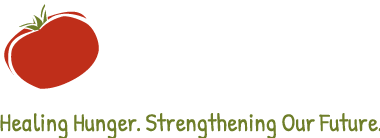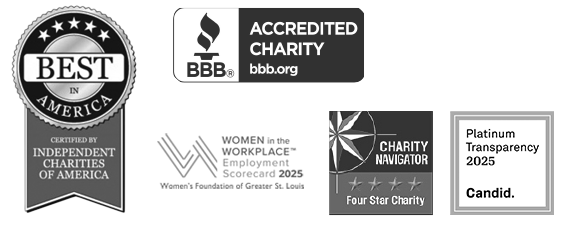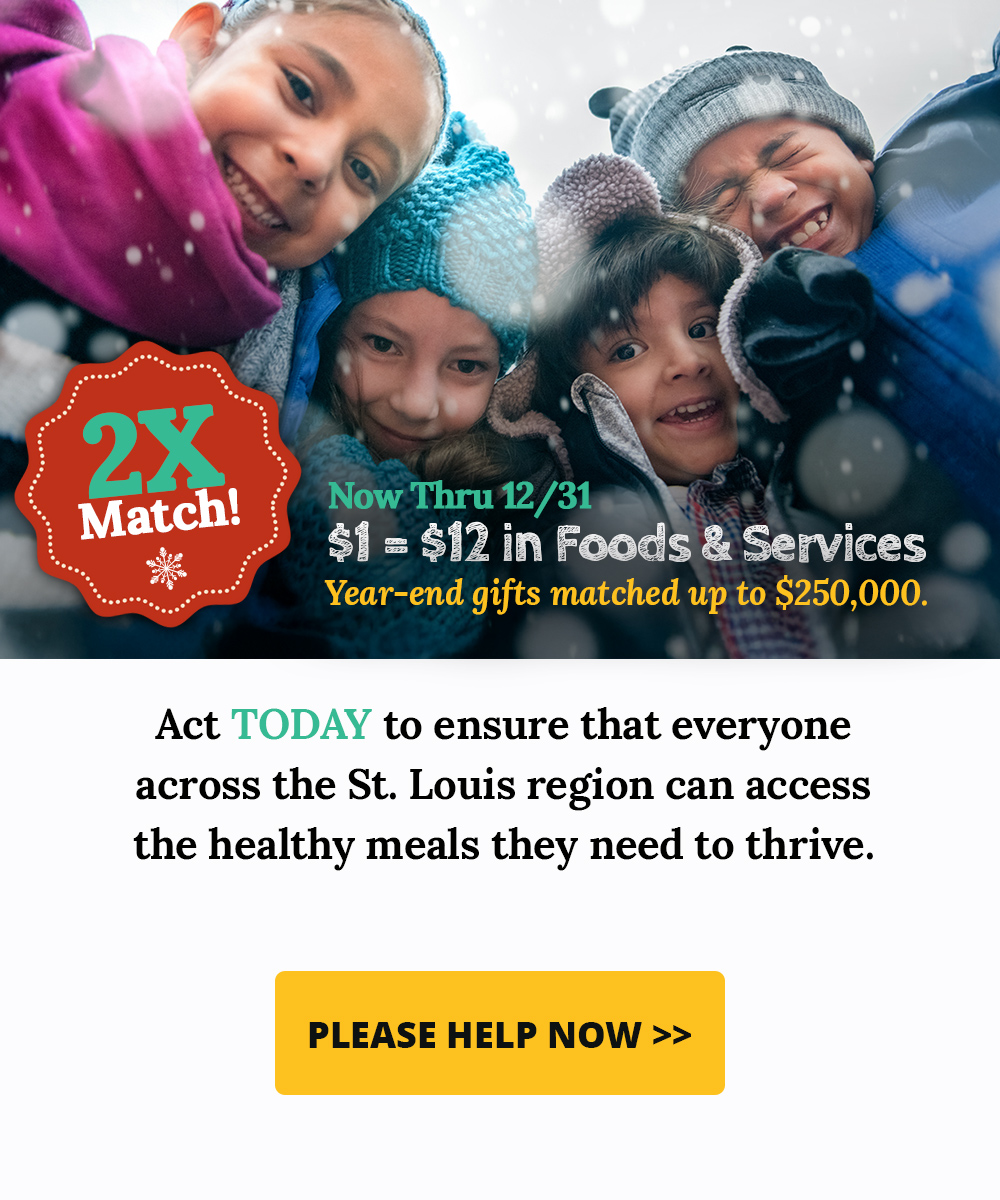The truth about hunger in St. Louis is not pretty. The truth about hunger is statistics and numbers, and it is stories, experiences, and emotions. I have never personally been part of these stories or numbers, but had the opportunity to learn from many who are.
My two-week stint with Operation Food Search brought me into contact with people who are facing hunger and with people who are working to heal its hurt from a variety of perspectives. I worked most directly with Program Coordinators, public health professionals who teach nutrition education and cooking skill classes at community sites. I saw that mediating hunger takes more than health professionals; it relies on collaboration between professionals in finance, community relations, advocacy, and other areas. Each stakeholder has a part in change. I was humbled to see how each profession takes part in accomplishing a noble goal for social justice.
More so, I was humbled by the eager-to-learn parents, kids, and older adults I met through classes–people who are making an active effort to invest in themselves, their knowledge and abilities, to bring about improved health, despite immense barriers.
Most of our community classes were located in North City. I was tasked with making observations about the neighborhoods I drove through to get to class. I was disheartened by the abandoned and boarded up houses, the empty lots and lack of parks, the clear presence of unhealthy food outlets. Working with Operation Food Search, though, I found positivity in the beauty in the old brick homes and churches. I found respect for people attending classes and learning healthy behaviors. I found resourcefulness at the OFS warehouse in their food collection methods and composting. I found optimism and a belief that hunger is not inevitable or eternal.
Hunger is uncomfortable and no one should face it. However, we cannot “assume and doom” those who are hungry to lives without nutrition or resources. Operation Food Search is changing the hunger landscape by empowering people with knowledge and skills, by building community, and taking a comprehensive approach to healing the hurt of hunger. Nutrition education is not going to feed a family of four without dinner on the table; food pantry items are not going to answer a mother’s questions about how to feed her children healthfully. The incorporation of skill building, food distribution, advocacy, and policy efforts makes for a successful approach to healing hunger’s hurt today and tomorrow.
-Morgan Cooper
St. Louis VA Dietetic Intern



